The third India-Pakistan war of 1971 ushered in the creation of a new nation, Bangladesh, carved out of East Pakistan. This transformative event reshaped the political landscape and significantly altered the trajectories of two prominent political figures, Sheikh Mujibur Rahman and Zulfikar Ali Bhutto.
Both of them came from strikingly different family backgrounds but they not only shared the time of their ascendancy to power but uncannily their eventual fate as well turned out to be quite similar. However, before we talk of these two leaders we should talk about the formation of Bangladesh.
Genesis of Bangladesh
The genesis of Bangladesh was not an abrupt consequence of the war but rather an expression of longstanding issues within undivided Pakistan. The central and military leadership of Pakistan, situated in West Pakistan, actively sought to suppress the aspirations of East Pakistanis (Bengalis) to ascend the power hierarchy.
The imposition of Urdu as the national language exacerbated tensions, leading to a widening divide between the two fronts. Sheikh Mujibur Rahman, once a staunch supporter of the Pakistani cause and a foot soldier of Husayn Shaheed Suhrawardy, the former prime minister of Bengal, infamous for his orchestration of the Great Calcutta Killings of 1946, emerged as the voice of East Pakistanis.
Bengalis perceived unjust treatment under the de-facto West Pakistani government and the military rule of Field Marshal Ayub Khan. Leading the Awami League party, Mujib demanded autonomy for East Pakistan in critical areas such as the economy, defense, and foreign affairs in his Six-Point Movement in 1966.
Quick Reads
View AllA dangerous impasse
Concurrently, Zulfikar Ali Bhutto, son of Shahnawaz Bhutto who was the famous or infamous diwan of the erstwhile princely state of Junagadh, rose to prominence in West Pakistan. Initially aligned with Ayub Khan’s dictatorship, Bhutto maneuvered himself into the cabinet post of Foreign Minister at a very young age.
He misguided Ayub Khan to initiate an insurgency in Kashmir (Operation Gibraltar) which led to the Indo-Pakistani War of 1965 and ultimately contributed to Ayub Khan’s downfall. Subsequently, General Yahya Khan took the reins of the Military Junta, and to project a semblance of democracy, he announced general elections in 1970.
The elections resulted in a resounding victory for the Awami League, which won 160 of the 300 seats in the National Assembly, securing an overwhelming majority. All from East Pakistan, which was allocated 162 seats. Bhutto’s Pakistan People’s Party managed to win 81 seats, all from West Pakistan. The mandate was clear, however, neither Yahya nor Bhutto was ready to give power to Mujib. The reluctance to heed the call for a peaceful transfer of power created a dangerous impasse.
Tragically, West Pakistani leadership responded to the legitimate demands of Bengalis by a devastating military crackdown (Operation Searchlight). It started in March 1971, with the Jagannath Hall Massacre at Dhaka University, killing innocent students and intellectuals. This reprehensible act set ablaze the flames of the Bangladesh Liberation War, unleashing widespread atrocities and a harrowing humanitarian crisis culminating in the Indo-Pak War and the eventual formation of Bangladesh.
Authoritarianism begets authoritarianism
Post-war, Sheikh Mujibur Rahman who in the early years of his politics only sought autonomy and not an independent Bengali homeland took the leadership of the newly emerged nation Bangladesh. Meanwhile, West Pakistan saw Bhutto seizing power to become the President of Pakistan. Despite being very popular and riding on the wave of nationalism to attain power, both leaders succumbed to authoritarian tendencies in their governance.
Bhutto ruled with an iron fist through radical Islamic socialist measures, continuing Martial Law and suppressing voices of dissent against him. Something similar was also happening on the eastern front, where it was alleged that a paramilitary force called Jatiya Rakkhi Bahini, which was initially formed to curb insurgency, was being used as a private militia by the ruling establishment and to do political killings in Bangladesh.
With rising discontent against his government, Mujib changed the constitution, declared himself president, established a one-party state, and censored the press, calling it a second revolution. However, this did not last for more than seven months, and Mujib, along with thirteen family members, was killed in a tragic incident on August 15, 1975, with General Ziaur Rehman emerging as the de facto leader, who later became the military dictator of Bangladesh.
As seen often, authoritarianism begets authoritarianism, and Bhutto also became the victim of his autocratic methods. Seeing the right moment after the 1977 elections in Pakistan, with opposition parties resorting to violence and alleging that the election was rigged, General Zia-ul-Haq seized power, and Bhutto was arrested on charges of corruption and ultimately hanged on April 4, 1979.
The parallelism in the stories of Bhutto and Mujib is evident—charismatic leaders with socialist inclinations and immense popularity who, paradoxically, never collaborated. Nevertheless, stories are different too. Bhutto, an Oxford-educated barrister from an elite background, starkly contrasted Mujib who was a leader of humble origins without extravagant credentials. The enduring legacy of these leaders continues and is reflected in the political trajectories of their respective families.
Nishant Kumar Hota is a public policy consultant interested in history and international relations. Adarsh Jha works with a Delhi-based think tank. The views expressed in the above piece are personal and solely those of the authors. They do not necessarily reflect Firstpost_’s views._
Read all the
Latest News,
Trending News,
Cricket News,
Bollywood News,
India News and
Entertainment News here. Follow us on
Facebook,
Twitter and
Instagram.


)
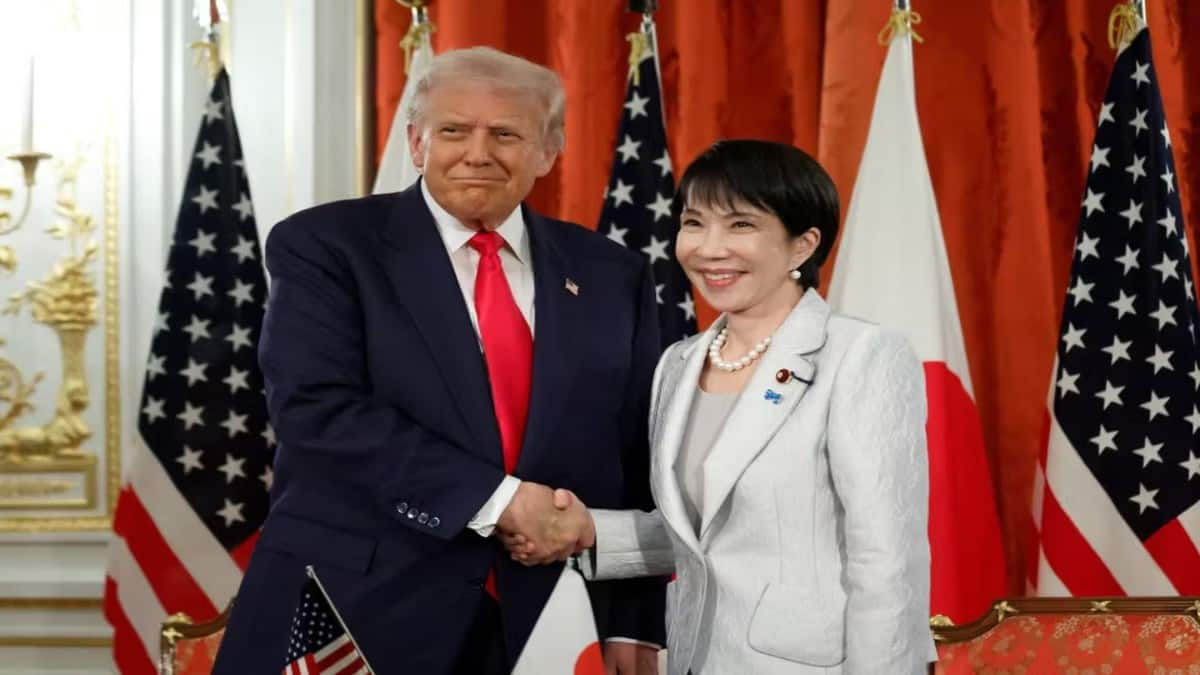
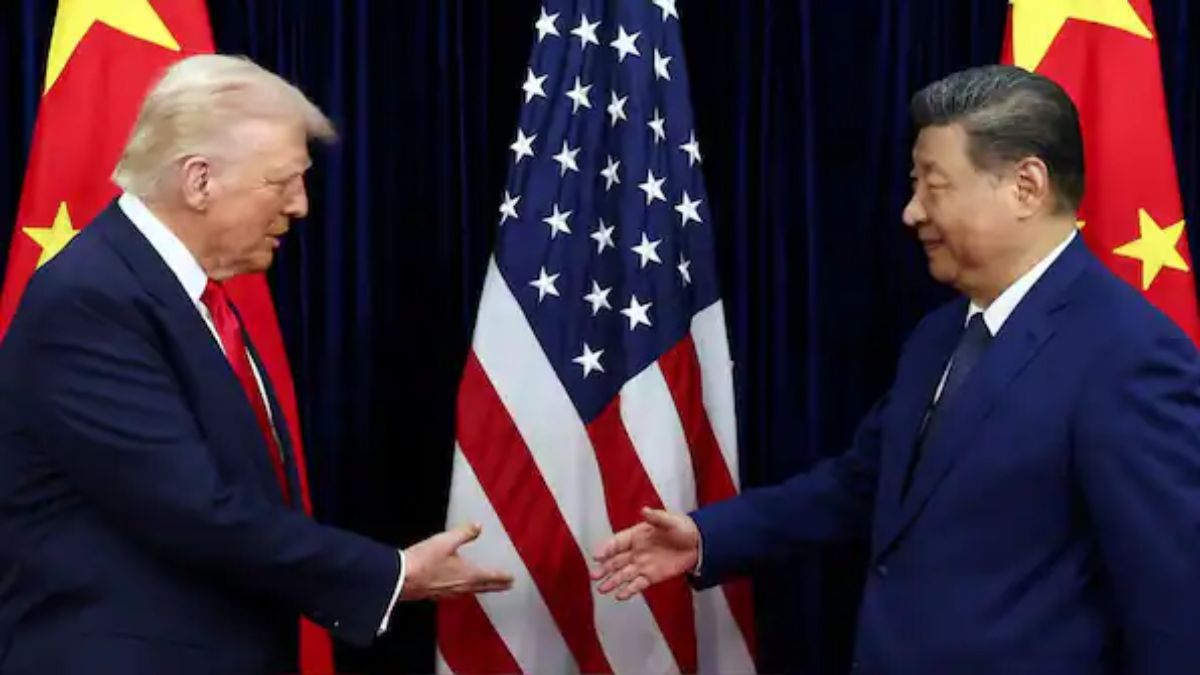)
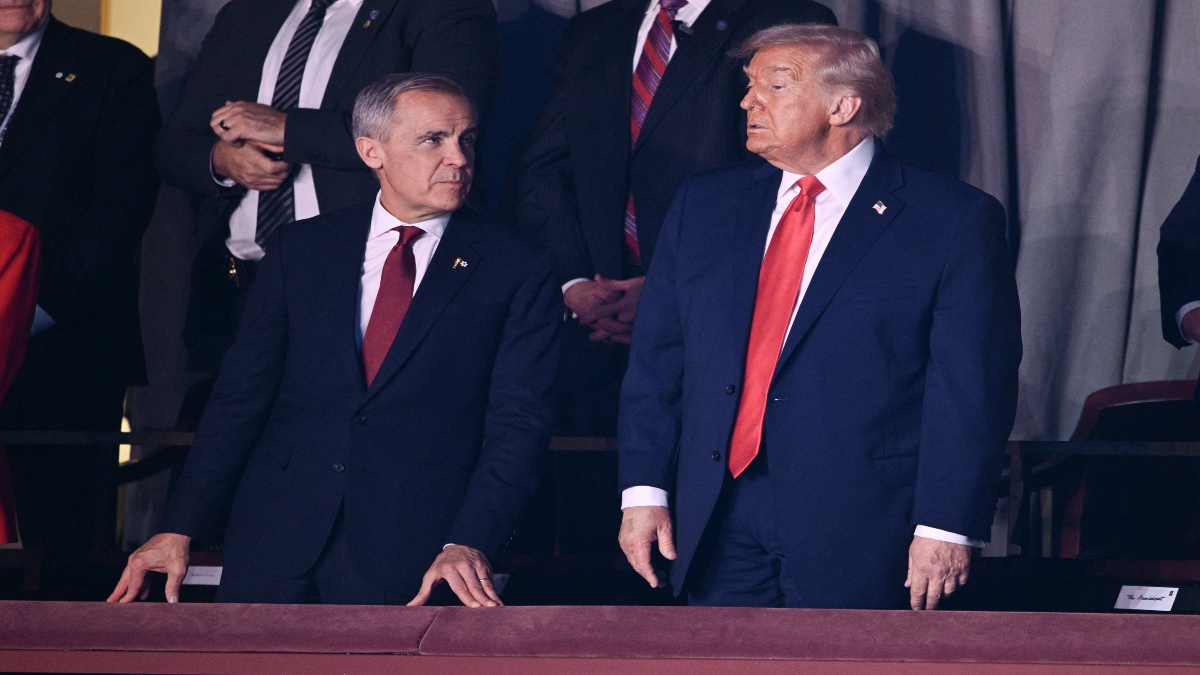)
)
)
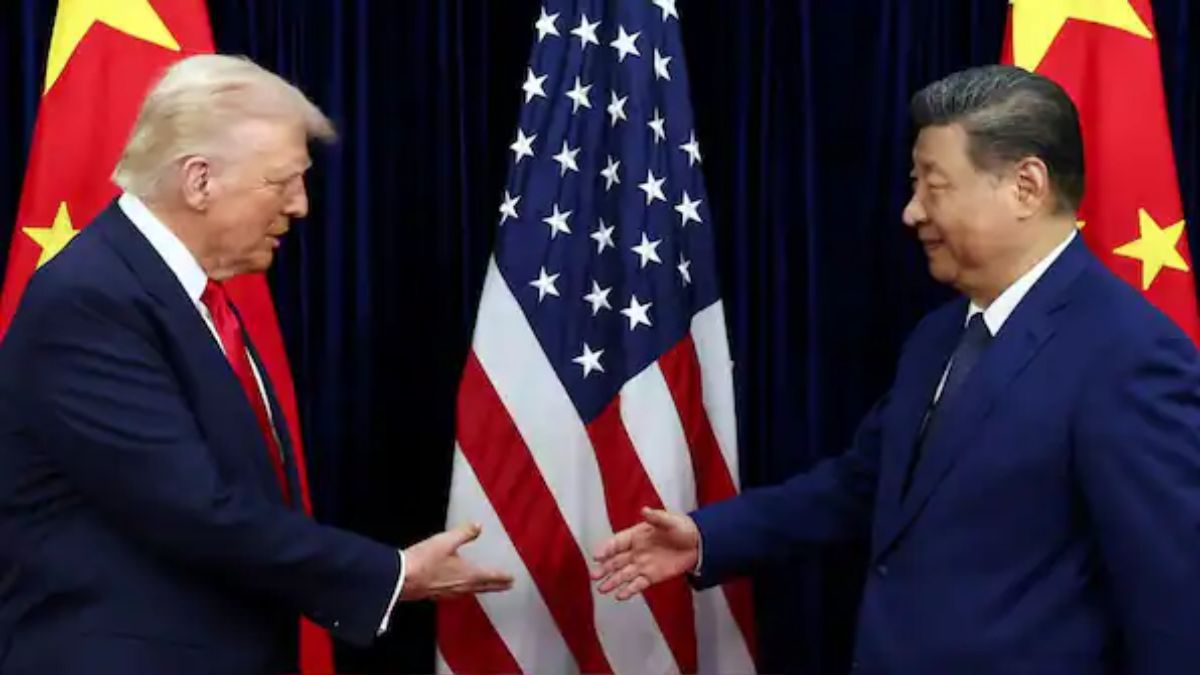)
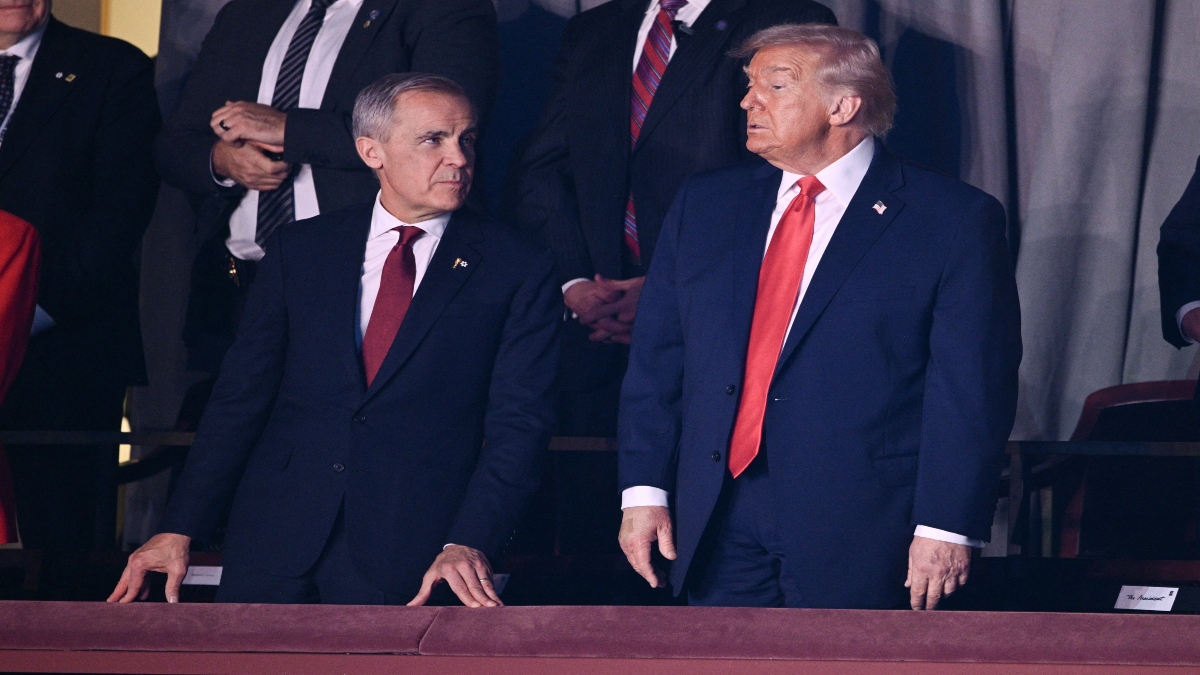)
)
)



